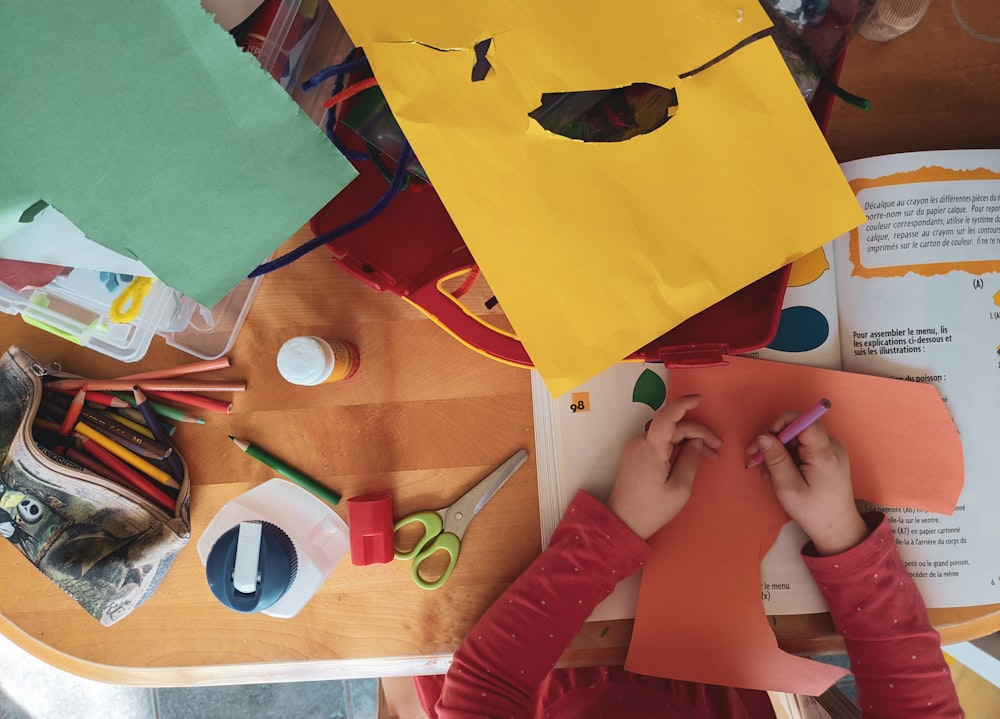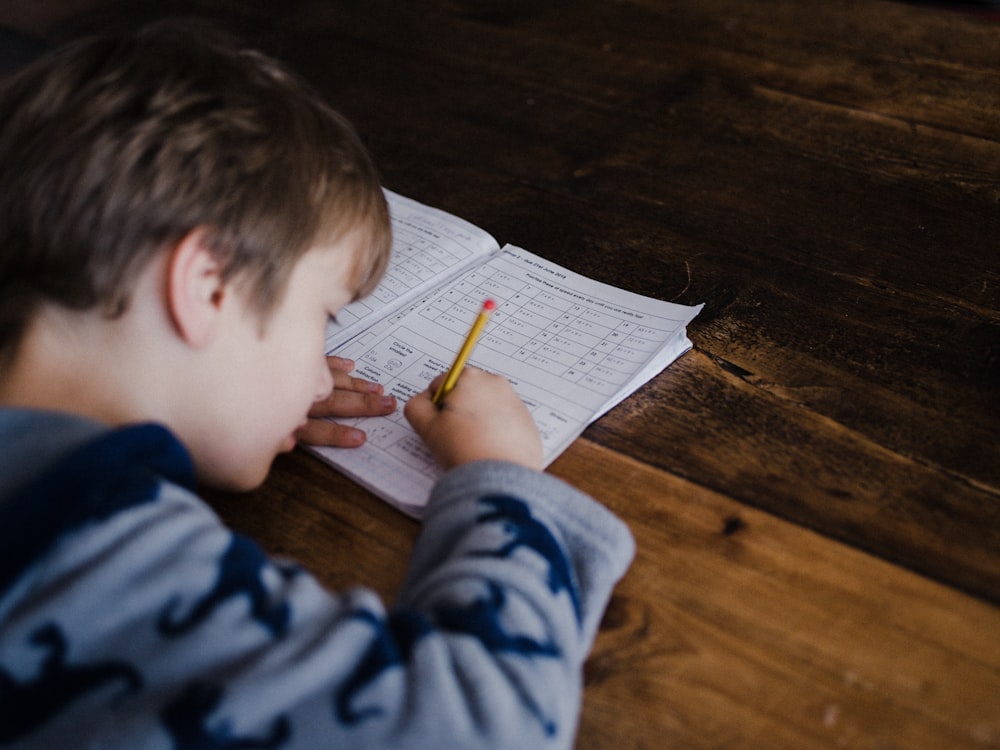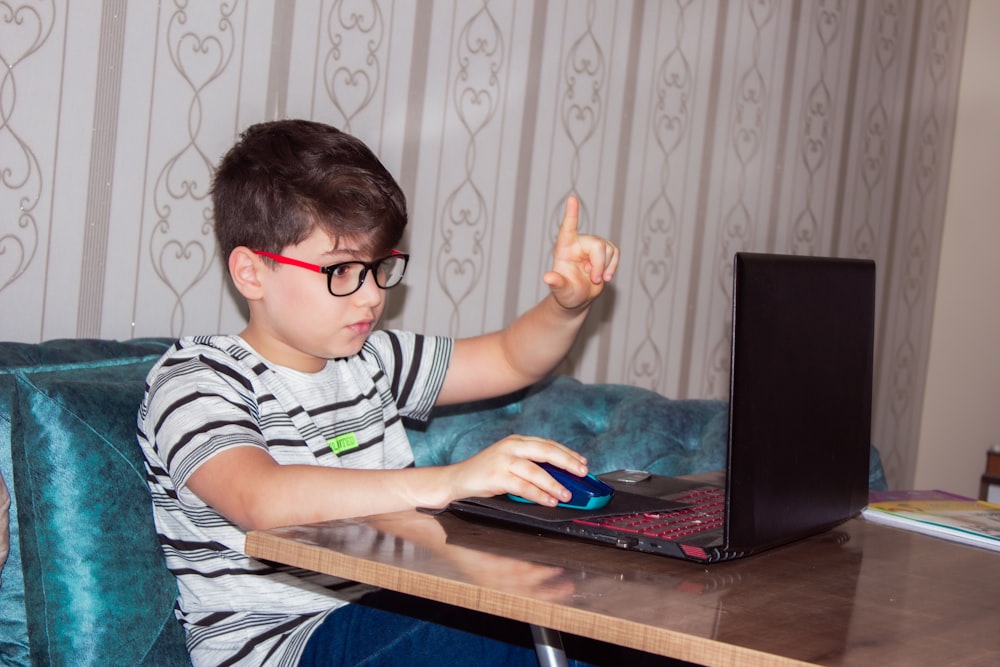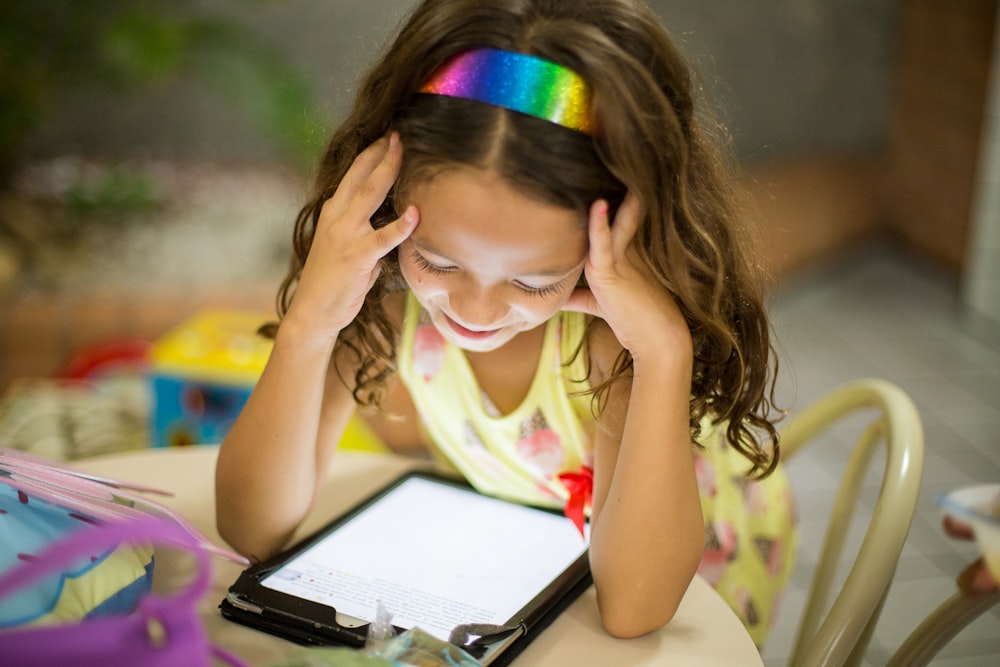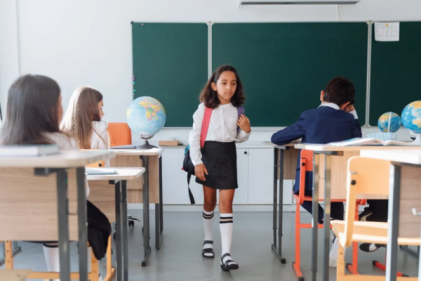The thought of retuning to online learning is scary - and not just for the kids. As offices and schools close down again, we must re-learn how to all work in the same spaces, stay motivated, keep a structured day and come away having achieved or learned something. There is high anxiety among parents at the moment about keeping children engaged and learning while also managing to complete their own workloads.
This list of resources is not just handy for teachers. When school life becomes home life, the parents have a responsibility to get involved in their child's leaning, and these websites are here to help. Chocked full of educational games and tools, it is a liesaver for when you're going to be busy on a zoom meeting for an hour or so. Set them up with one of the geogrpahy quizzes or maths and history games and off they go! Educated and entertained!
BBC Bitesize
BBC Bitesize is a free online study support resource designed to help with learning, revision and homework!
Bitesize provides support for learners aged 5 to 16+ across a wide range of school subjects. It also supports children and young people’s wellbeing and career choices. Bitesize has been publishing daily lessons to help students across the UK with home schooling since April 2020.
Bitesize guides are written by teachers and subject experts and are mapped to follow the curricula of the UK. Secondary Bitesize follows exam board specifications for the main exam boards in the UK, including for GCSE in England, Wales and Northern Ireland and National 4, National 5 & Highers in Scotland, ensuring students are preparing for the right exams.
Online daily lessons: resources available on BBC Bitesize are being expanded to help parents and children study at home. Daily maths and English lessons to children will be offered, as well as weekly science, geography and history lessons. These lesson guides will follow the curriculum and be split into year groups from year 1 to 10 in England and the equivalent in Scotland, Wales and Northern Ireland. The daily guides will feature a mix of videos, quizzes, activities and games to help students stay on track with their studies.
Their daily programmes allow a schedule to be set up by students and parents with a plan for each day’s study. These will include explanations of key concepts and offer expert advice on different ways to teach the subject, where to find teaching resources and how to keep kids motivated. The programmes will be available to view via iPlayer and the Red Button.
Geography Games
World Geography Games offers you challenging and entertaining quiz games to improve your geographical knowledge. Whether you are practicing for a test, looking for a free interactive whiteboard resource, or searching your next holiday destination, you've come to the right place. This is your chance to learn the 5 oceans, 7 continents and layers of the earth and atmosphere. Explore the major rivers, mountain ranges, deserts, lakes, islands, volcanoes and other fascinating places of our world. These internet quizzes are a brain booster for both kids and adults and bring fun to school classes all over the world. Enjoy!
Google Classroom
Google classroom is a free and easy tool that is helping educators efficiently manage and assess progress, while enhancing connections with learners from school, from home, or on the go. It simplifies teaching and learning remotely by allowing teachers to add students directly or share a code or link so the whole class can join. Setting up a class takes minutes and it allows you to create class work that appear on students’ calendars
Teachers can easily communicate with guardians and automatically send them updates, grade consistently and transparently with rubrics integrated into student work and enable originality reports to let students scan their own work for potential plagiarism. The software strengthens student connections, and can connect teachers with students from anywhere with a hybrid approach for in-class and virtual classes
YouTube
YouTube isn’t just a platform to watch hilarious videos on anymore. It’s a valuable tool for online learning and a resource that teachers often reach for. Online learning doesn’t allow for the same one on one time and retention in kids. If there is a concept they’re struggling with, it’s more difficult for them to understand when learning remotely. YouTube more than likely has plenty of videos and online experts on the subject. For example, the concept of long division is hard enough to explain in a way that each child understands, without having to convey it remotely. A YouTube channel like ‘MathAntics’ may be able to help explain it in a way that your child understands, And if not them, there are hundreds of channels like them online, on every subject!
Science Journal For Kids
Most scientific research is conducted and reported in specialized scientific journals in a language accessible only to adult scientists. Kids have the right to understand the world they are inheriting from us. That’s why Tanya Dimitrova, while working as a high school science teacher in Texas, founded the nonprofit organization which publishes Science Journal for Kids. They publish an online science magazine for kids (and their teachers) featuring freely downloadable peer-reviewed research papers rewritten in age-appropriate language.
Each paper is accompanied by:
- assessment questions + teacher’s key,
- an opening video,
- meta information (key words, reading level, curriculum alignment, etc.) and
- additional educator resources (slide shows, labs, online quizzes, and recommended websites).
Science Journal for Kids aims to make scientific research discoveries more accessible to the general audience and particularly to children. They do that by digitally publishing kid-friendly adaptations of scientific papers. In addition, Science Journal for Kids prepares and offers teacher’s aids and resources to enable integration of the scientific literature in a classroom curriculum. Science Journal for Kids collaborates with experienced science teachers to create teacher’s materials including, but not limited to, supplementary teaching aids, slide show presentations, hands-on lab activities, quizzes, and worksheets to accompany each paper. These materials allow teachers to more easily incorporate the journal articles into a classroom curriculum.
National Geographic For Kids
National Geographic Kids magazine is everything an inquisitive young mind needs. Their mission is to get kids excited about their world. They have so much fun reading the magazine or browsing our website they won’t even realise they’re learning!
Explore National Geographic Kids Primary Resources! They’ve put together a wide variety of engaging teaching ideas, with accompanying resource sheets to save you time and effort. The primary resources are pupil-focused, interdisciplinary, and all the information is included – so they’re perfect to work on together, or for a child to complete independently! Whether you’re teaching in the classroom, or supporting a child’s learning at home, primary resources can help.
The primary resources support core subjects like English, Maths, and Science, while also covering the wider curriculum with resources for Geography, History, Art, and Culture – which includes opportunities for SMSC (spiritual, moral, social, and cultural) development. What’s more, each primary resource is directly linked to the National Curriculum, and the Scottish Curriculum for Excellence, so you can be assured that the content is relevant.
Each primary resource comes with a list of the curriculum areas that it covers, to support you in finding a balanced learning plan. The writing follows the same tone as National Geographic Kids magazine, and every primary resource is sure to engage children by making learning fun and accessible.
Fun Brain
Created for kids in grades Pre-K through 8, Funbrain.com has been the leader in free educational games for kids since 1997. Funbrain offers hundreds of games, books, comics, and videos that develop skills in math, reading, problem-solving and literacy.
Educators and parents can trust our site to provide a fun and safe experience both at home and at school. Funbrain offers hundreds of free interactive games, books, videos, and printables that help kids develop skills in math, reading, problem-solving, and literacy.
Their new site makes it easier than ever to find what you’re looking for. They have created a unique landing page for each grade, Pre-K through 8, so kids can find the content that’s right for them. Each game, book, and video is tagged with key subject areas and skills, such as Addition, Fractions, Vowel Sounds, and Shapes.
Educators and parents can feel confident that children will enjoy a fun and safe experience both at school and at home.
Quizlet
A fantastic resource for parents and teachers alike, Quizlet is making learning at home simple with interactive study materials and games in subjects like arts and humanities, languages, maths, science, social sciences and more. Discover 10,000 ready-made study sets covering 24 GCSE subjects, aligned to exam board specifications and created by Verified Educators and partners.
From flashcards to help you learn French to games that make it easy to understand history, you can use a variety of tools to conquer any challenge. Help every student learn anything with confidence, no matter what they’re striving to achieve. Using Quizlet’s free study sets, study modes and in-class game, you can motivate your students quickly.
Carol Vorderman’s Maths Factor
The Maths Factor is an online maths tutoring site for 4-11 year olds. The content is ordered to match the new 2014 national curriculum in England, but the site is used successfully by children all around the world.
The heart of The Maths Factor are short sessions designed for daily use. Each session starts with a lively video tutorial by Carol, followed by a fun warm-up and then a practice. There are over 1,000 of these sessions, arranged into 32 topics.
The Maths Factor was set up by Carol Vorderman in 2010. In 2013 it was acquired by Pearson, the world’s leading education company, and in October 2014 it was re-launched, ready for tablets and ready for the new national curriculum.
A dedicated team at Pearson work closely with Carol to run the site, to support our customers and to keep expanding the range of content and games. Once a child’s confidence is unlocked, everything else follows: their school results improve, their thirst to learn increases, and their options expand.
Good maths skills are essential to so many different A-Levels, to so many different degree courses, and to so many different careers. Maths has never been so important in society, and mastery of the subject starts at Primary age.
74% of parents report their children's confidence in maths has improved or improved significantly since using The Maths Factor and 77% report their results have improved.
Short, daily session is the surest way to embed learning steadily and securely. The Maths Factor is structured to encourage this approach. Taking the daily approach avoids 'binge homework' sessions, and before you know it, your child could easily be answering 1,500 questions a month. It’s about practice, practice, practice. And you know what that amount of maths practice makes? Children who are confident with numbers for the rest of their lives.
Seneca
Seneca's online platform can be thought of as an effective & engaging interactive revision guide that can be used for free forever!
4,500,000 students use Seneca to boost their grades at school and at home. They have interactive courses written by senior examiners for ages 8-18. The free parent accounts let you monitor your child's progress on these courses whenever you like.
Summaries, notes, videos and lots of different types of practice questions will all be found on the Seneca platform. The system is also completely adaptive so your child's learning experience will be tailored to suit their needs. Students can use the platform to study independently or complete assignments set by their teachers. There are 250,000 teachers who use Seneca as their chosen online homework tool.
As a parent, you can easily connect to your child's account by sharing your unique link with them. This will allow you to get real-time updates of their progress across all those courses, including the following stats:
- Time spent learning
- Average score
- Sessions completed
- Correct answers


